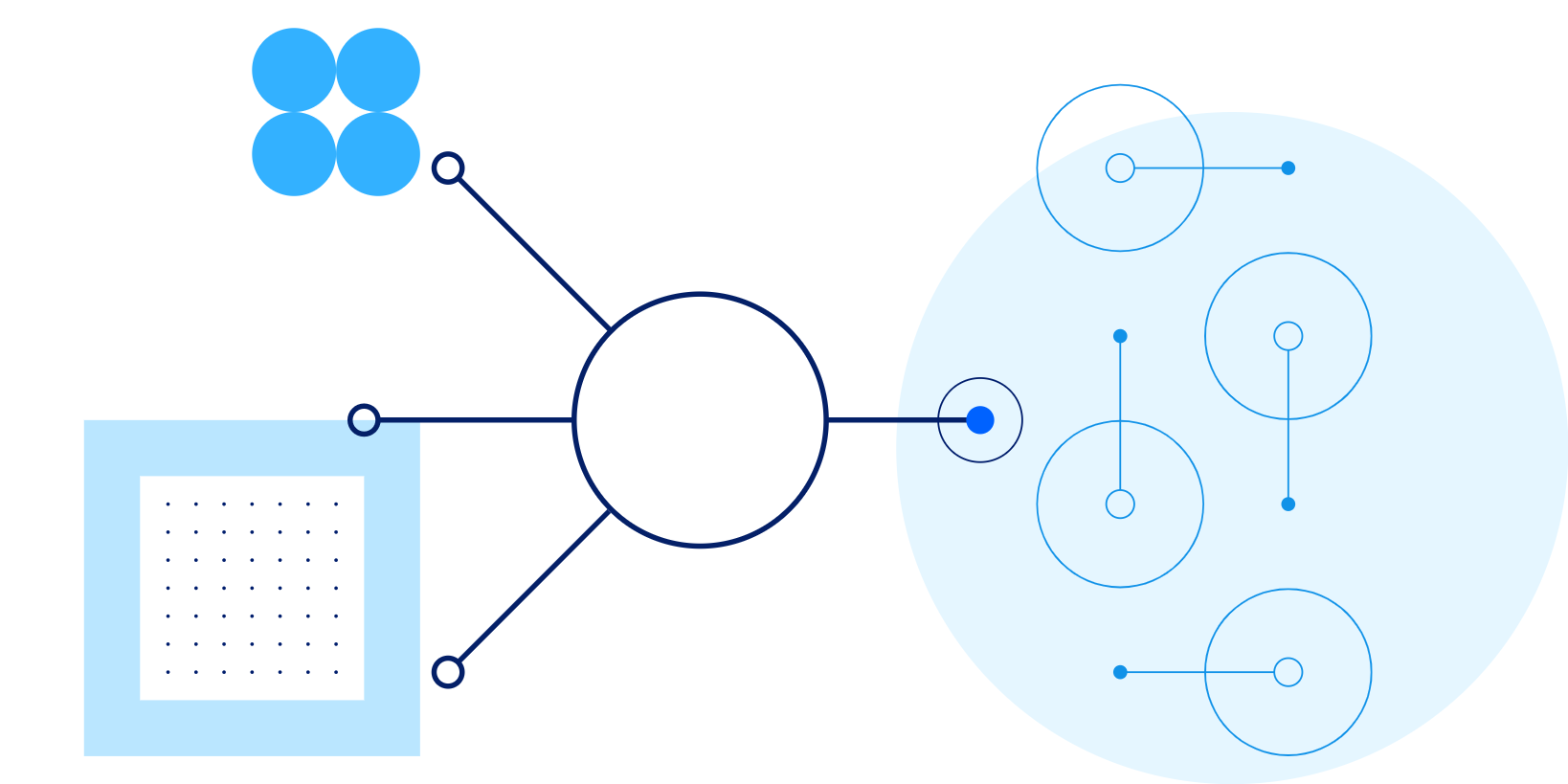Perspectives
Unlocked: how the best businesses will emerge from the pandemic smarter and stronger
23 June, 2020 | Written by: Ingo Zimmerman
Categorized: Perspectives
Share this post:
In this blog series, we’ve explored the challenges organisations have navigated as the COVID-19 pandemic and lockdown have unfolded. The future will look wildly different depending on your industry perspective. But many people are now beginning to make sense of the changes and rebuild their businesses to accommodate the different normal.
As we move into this future, we know that technology will be essential in the drive to build long-term business resilience and agility. It will help us to manage financial stability amid complexity and risk. It will enable us to maintain customer loyalty and trust, and to engage and empower employees.
If you missed it, Bob Booth explained that data-driven visibility is the key to establishing the flexibility needed to build dynamic, responsive and interconnected supply chain ecosystems. Ranjini Suri explored the kind of extreme automation that organisations must adopt as they look to transform costs, enabled by intelligent workflows. Giorgio Danesi and Francesco Brenna envisioned a future in which organisations anticipate their customers’ needs and engage with them effectively, wherever they are. And Andi Britt described how adaptability from employees and trust from employers will equip an evolved workforce to take on future challenges.
Expect the unexpected
We all know we face an era of significant change, but we don’t yet know the true shape of that change. Businesses who determine to be around in the next five years (and beyond) are going to have to learn to live with uncertainty. This all starts with a workforce that is open and agile enough to manage it – and leaders with the skills to nurture them through the change. If anything positive has come out of recent events, it has been the discovery that people are willing to do extraordinary things to adapt under pressure.
Forced to work remotely, to adjust to distancing measures, to adopt new technology and to engage in unprecedented ways, people have again and again proved themselves up to the challenge. As a result, businesses have fast-tracked their digital transformation journeys free from the delay and debate that might traditionally have held them back.
Manufacturers can no longer rely on a steady order book; service industries can no longer assume clients will have budgets to spend; retailers can no longer plan according to seasonal patterns. Everything from people to processes to suppliers to clients is now in flux and the only way to survive is to plan for the unexpected.
Automate to survive
Any kind of inefficiency is going to stand in the way of this flexibility. That’s why, as we have explored in this series, automation is imperative. Businesses must automate their simple processes, using intelligent workflows, in order to empower their people to cope with more complex operations. These people must be reskilled to pull insights from their data, and trained to harness artificial intelligence (AI) to think beyond obvious solutions.
AI will be the engine that drives this change. The businesses who emerge intact from this period of flux will be those who have good data, fuelled by AI and supported by intelligent people who can make use of what they learn. We’re best positioned to work with uncertainty if we have an intelligent understanding of the present; the faster businesses can anticipate changes, the stronger they will be. So while it may not always be possible to form a strategy for the next few years, it might be possible to plan for the next few weeks.
Organisations who accept the challenge and take up the technology on offer will not only survive and outperform the competition, but will also be prepared for the next big interruption. In IBM’s experience, clients are taking this challenge seriously, working through their priority areas – whether that’s their supply chain, their call centre or their workforce – and building a strategy for the next two years. A shift is happening in the workforce too, as people actively seek the skills they need to adapt to the future needs of their industry.
Resilient and responsive
Recognising the convergence of technological, social and regulatory forces facing organisations in recent years, IBM has been solidifying its own expertise, working with clients to help them become more resilient and responsive. The pandemic has only crystallised these efforts. The three components of IBM’s Cognitive Enterprise framework have never been more relevant as organisations bring together market-making platforms, intelligent workflows and enterprise experience. All of this is made possible by IBM’s cloud capabilities, which enable holistic transformation at scale.
Sitting still has never been an option. It’s up to us to build a smarter future – and make lasting changes that will help us to become stronger as individuals, as businesses and as a society.
However your business is experiencing the pandemic, IBM can help you make sense of the present and navigate the future. You can also learn more about IBMs approach to building resiliency through AI and automation.

Managing Partner, Cognitive Process Transformation Europe, IBM Services Europe
Generative AI: driving a new era of HR transformation
Helen Gowler, Partner, EMEA Talent & Transformation Lead Today, I’m proud to be part of a company that’s committed to addressing gender bias in the tech industry. IBM is pioneering the use of AI to tackle this issue, and I’m excited to contribute to this effort. Our team is developing AI models that can detect […]
Multi-Modal Intelligence Platform
Traditionally, data management systems provided only numerical or textual based business intelligence primarily for back-office users across finance, sales, customer management and supply chain. Today, we are increasingly seeing data management systems which drive key business functions requiring interrogation of multi-modal data sets from documents, presentations, images, videos to audio. This demands a more sophisticated […]
The use of GenAI to Migrate and Modernise Organisational Core Programming Languages
GenAI is hugely powerful and supports a diversity of use cases by focusing on routine work – allowing people to focus time on value-add tasks, thus enhancing productivity. The focus of this use case is for an organisation which had previously focussed on a legacy set of tooling and programming languages and needed a way […]


